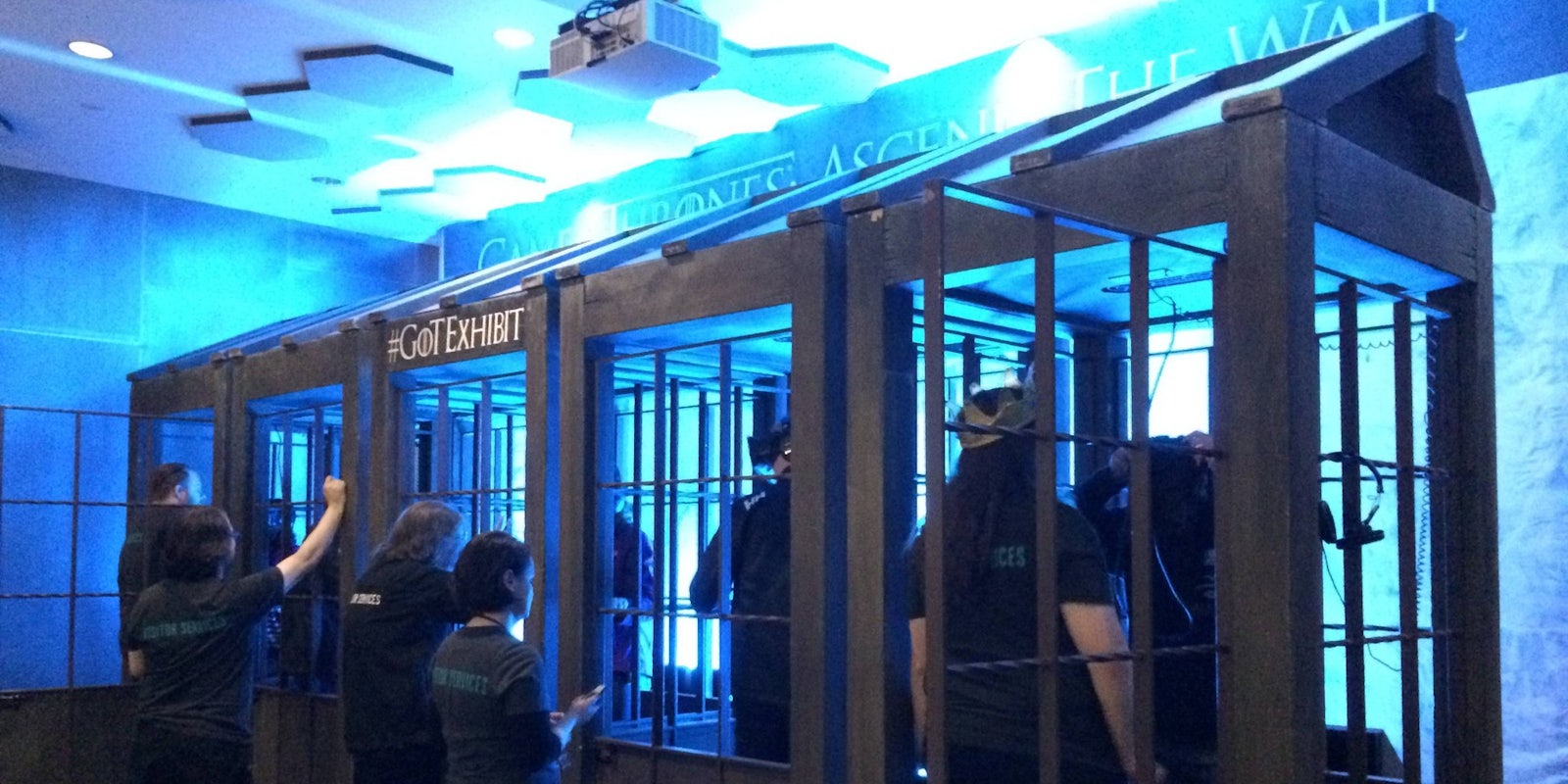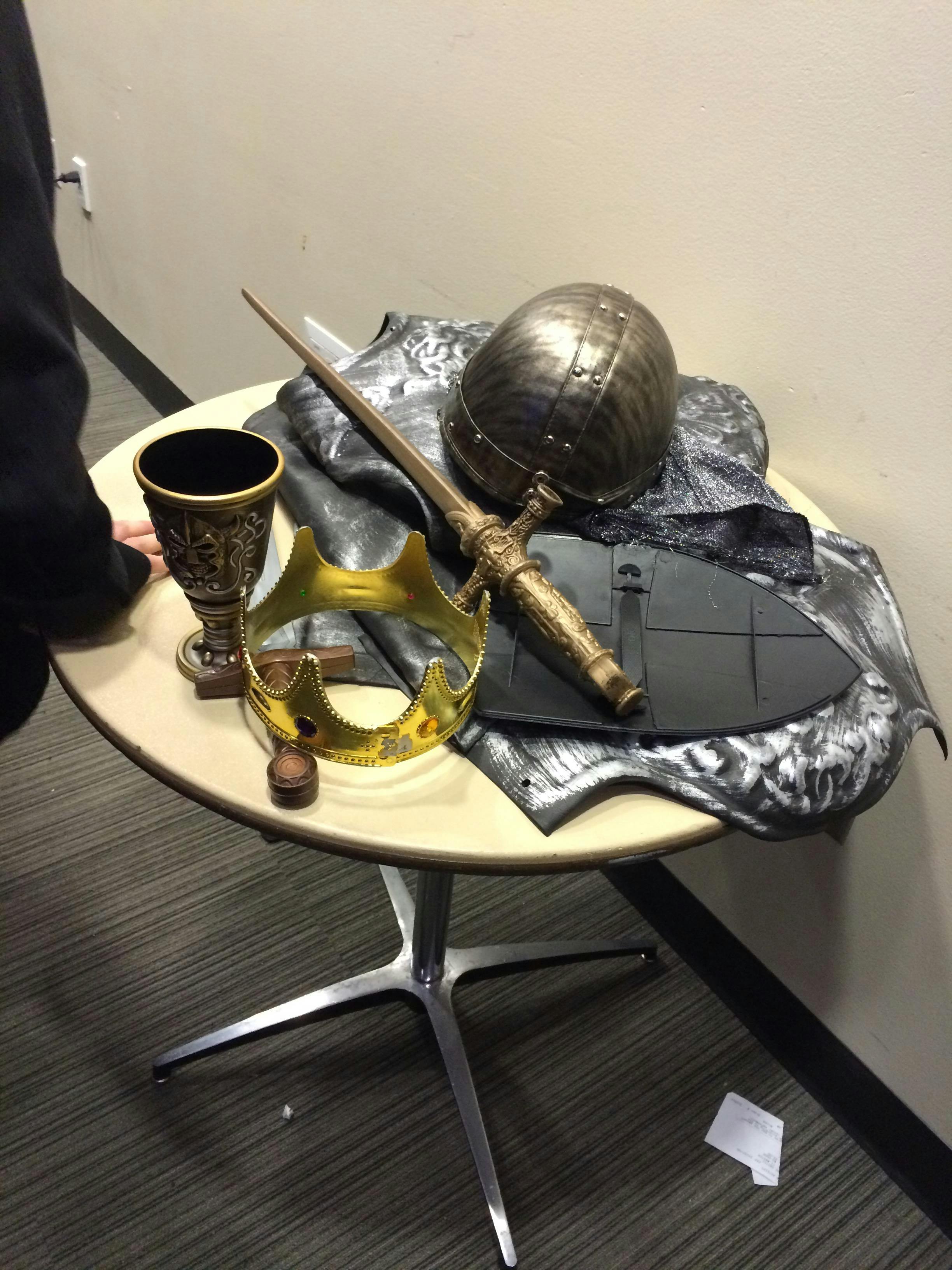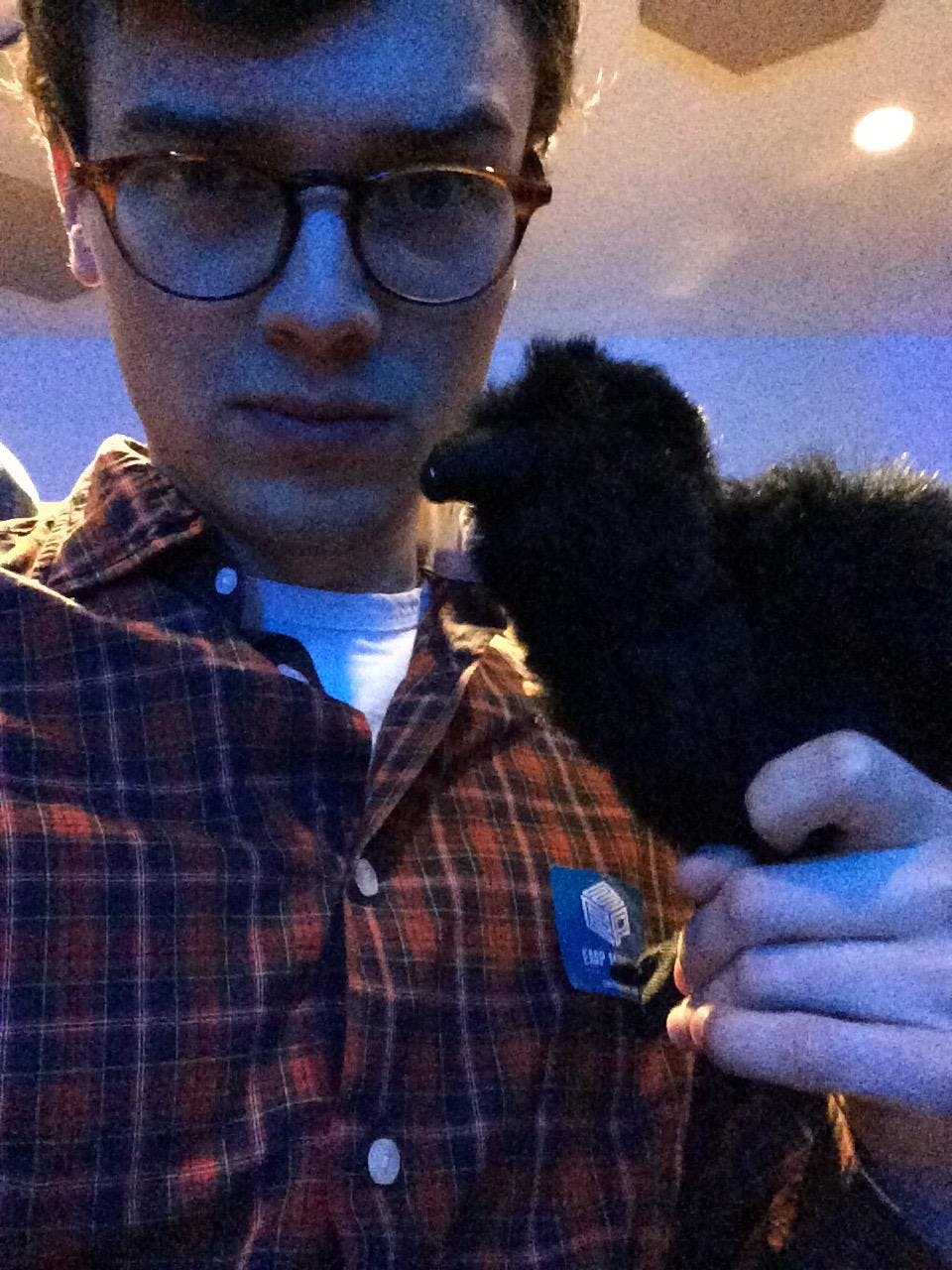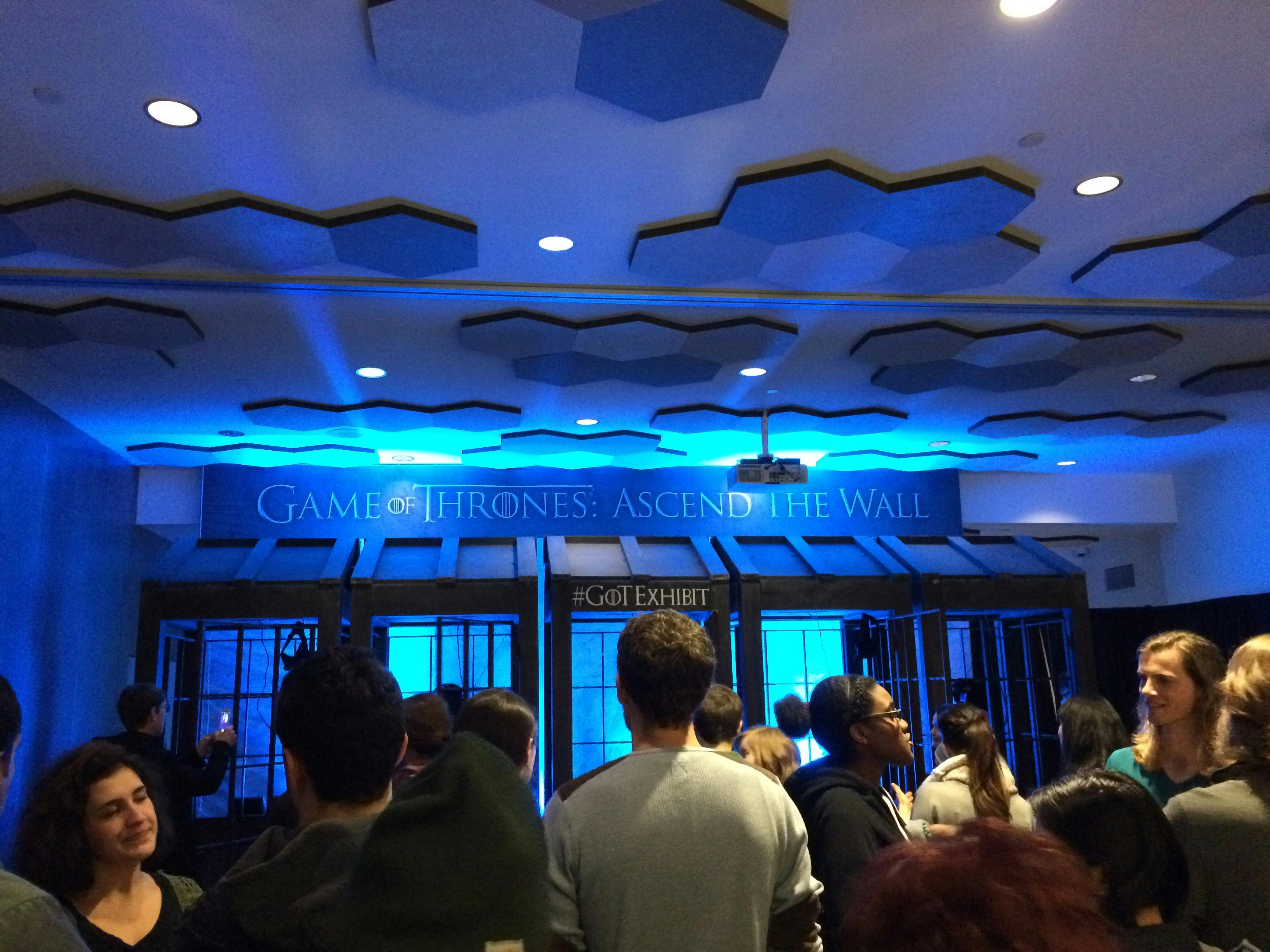Despite gory weddings, wicked wildfire explosions, and the growing threat of white walkers, Game of Thrones fans continue to go to extensive lengths to immerse themselves in the melee of the Seven Kingdoms.
From learning to speak Dothraki to chowing down on a feast fit for a Khaleesi, devotees of George R.R. Martin’s A Song of Fire and Ice have proven time and time again that they’ll stop at nothing to get as close as possible to the wild world of Westeros.
That’s why it should come as no surprise that when a virtual reality exhibit presented fans with a chance to scale the Wall, there was a line of patrons around the block ready to fork over the $26 admission fee. But make no mistake about it, “Game of Thrones: Ascend the Wall” isn’t a leisurely stroll around Castle Black or a chance to appreciate the scenic vistas that the Wall affords. This virtual reality experience allows fans to feel the dangers faced by the Night’s Watch in vivid detail, all without actually having to die.
That’s thanks in part to Framestore, the Academy Award-winning visual effects company that brought us Gravity, and the experiential marketing agency, Relevant. The two firms worked closely with HBO to craft the interactive experience that uses Oculus Rift to allow fans to scale the menacing 700-foot wall without actually taking a step.
Conceived as part of HBO’s second annual Game of Thrones exhibition, “Ascend the Wall” debuted in New York City in January of last year and went on a national tour, with stops in Rio de Janeiro, Olso, Toronto, and Belfast, to promote the show’s fourth season before landing back stateside at Seattle’s EMP Museum.
That’s where I got my chance to set foot into a replica of the elevator, don an Oculus Rift headset, and prepare for the virtual thrill of my life. But before my heart could swell with fear and excitement as I surveyed the vast tundra that is the land Beyond the Wall, there was some waiting to do.
Since it was the last the day of the exhibition, I had braced myself for a bit of a queue, but I couldn’t imagine the line that would greet me upon entering the museum. But to be a Game of Thrones fan is to wait. If you’re not patiently biding your time until HBO releases the next season of the show, you’re bristling with anticipation for the release of George R.R. Martin’s long-coming next book. Having once waited on line for five hours just for a chance to sit upon a replica of the Iron Throne, two hours seemed like small change for a chance to protect Westeros from White Walkers and Wildlings.
As the line slowly snaked its way from the lobby to the room containing the five replica elevators, I was treated to cheap gimmicks to make the wait more bearable. There were tables of props and medieval costumes that looked like they had been scrounged out of the dumpster behind a Party City to amuse the impatient.
In the spirit of the exhibit, I donned a bit of foam armor and held up the closest blade I could find to Jon Snow’s Longclaw. But after seeing a man ahead of me fervently scratching his head, I quickly shirked my get up and settled instead for a selfie with an adorable stuffed crow.
At a certain point during my wait, I was presented with an iPad containing a legal release that required my signature. After a quick scan of the document, I was crestfallen to find that it contained no mention of the Night’s Watch Oath, but only complex legal jargon that relieved the museum of any liability should my ascent trigger any anxiety disorders or heart conditions.
Finally, the two hour queue brought me face to face with the row of elevators that looked as if they were plucked straight from the courtyard of Castle Black. I watched carefully as patron after patron stepped in and donned their Oculus Rift headset and a pair of earphones. Once strapped in, they began groping around the cage like an excited blind mouse exploring its surroundings. My ears were filled with everything from screams to gasps to shouts as these brave souls endured some final feat before removing their headset and stepping out of the elevator with a bewildered look.
Unsure of what was to come next, I stepped into the elevator and was handed my headset and a pair of earphones. Cold air was pulsing down on me from up above as the attendant instructed me that I would have about 10 seconds to survey the courtyard of Castle Black before the elevator would begin its meteoric rise to the top of the Wall, and with that, he shut the door.
The experience was bone-chilling at first, a deserted courtyard with only the smoldering ashes of a fire to keep me company. But before I could take in the sight any further, the elevator gave a lurch and suddenly I was shooting to the top of the Wall at breakneck speeds. My knees became weak as I looked down to see just how far I had ascended in only a few brief seconds, but before my fear of heights set in, the elevator doors had opened and I was pushed out onto the top of the 700-foot menacing structure. Slowly but surely, my character made his way to the edge, taking his post and allowing me to survey the beauty beyond the Wall. Yet just as I was beginning to appreciate the north’s wintery charm, a flaming arrow shot in my direction and no matter how I tried to duck it, I was hit. The last glimpse I had was of another crow firing back as I looked to my right and fell off the Wall to my death.
Cersei Lannister once famously quipped, “When you play the Game of Thrones, you win or you die.” But at the EMP Museum that Sunday afternoon, I felt like I had found that elusive middle ground. Though I had fallen to my untimely death after being impaled with a flaming arrow, I felt like I had won by just experiencing the rush.







